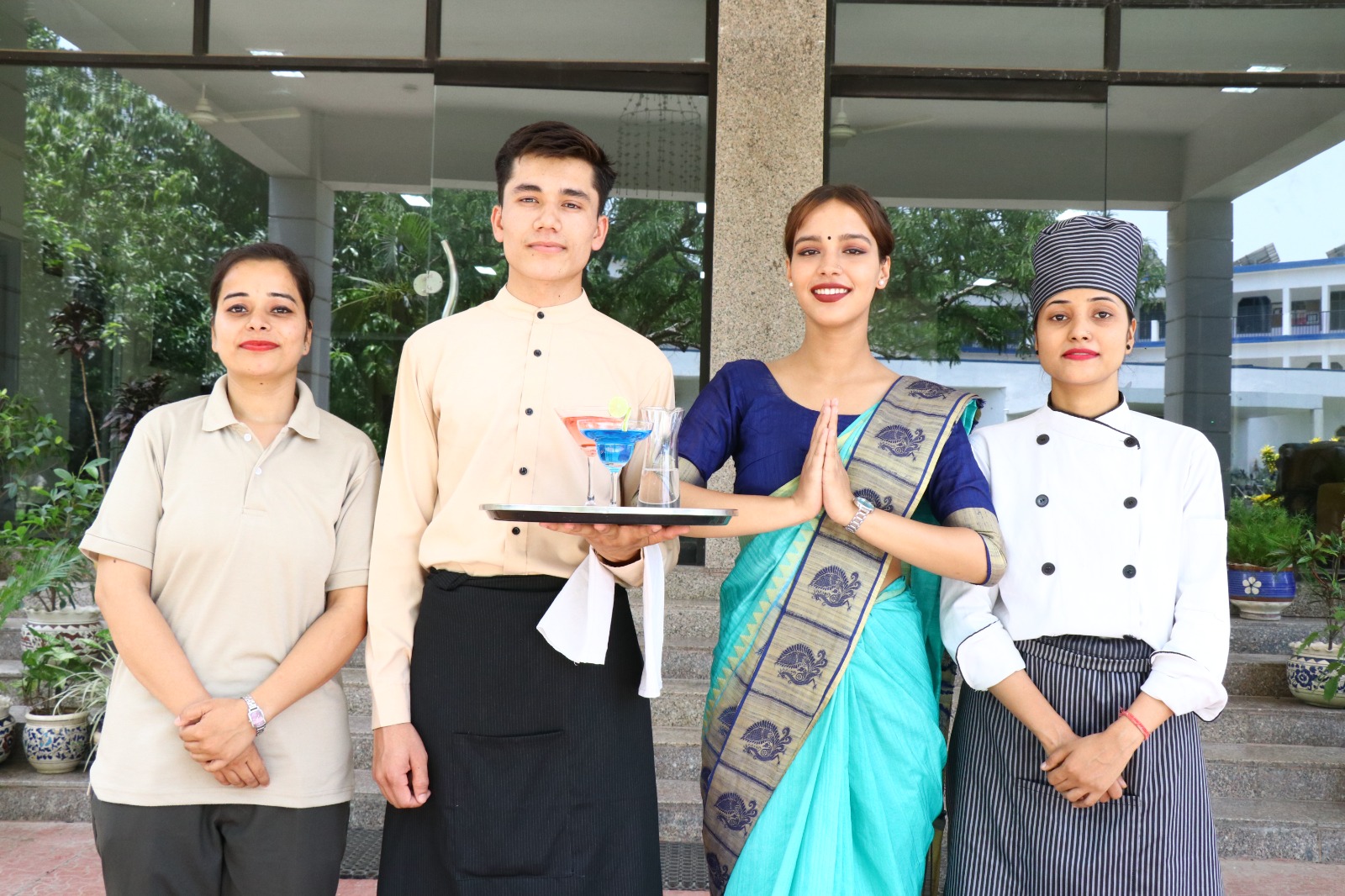The hospitality industry is one of the largest sectors in the world, with over 300 million people employed worldwide. It encompasses a wide range of businesses, from hotels and resorts to restaurants, bars, and cafes. The industry generates billions of dollars in revenue each year and is vital to the economies of many countries. However, the industry is also highly competitive, and businesses must constantly adapt to changing trends and customer demands to survive and thrive in the market.
One of the challenges facing the hospitality industry is the rapid pace of technological advancement. Smartphones and social media have changed the way customers interact with businesses, and companies must keep up with the latest tech trends to remain relevant. For example, many hotels and resorts are now using mobile apps to allow customers to book rooms, order food and drinks, and access hotel services. Customers also expect free wifi and charging outlets throughout the hotel premises, and hotels which do not offer these amenities can be left behind by tech-savvy generations.
The Amrapali Group of Institutions understands the importance of technology in the hospitality industry, and they have incorporated technology into their curriculum. Students are exposed to the latest software and applications used in the industry, such as property management systems and customer relationship management software.
Another trend in the hospitality industry is the growing interest in sustainable tourism. In recent years, travelers have become more aware of the impact of tourism on the environment, and many are choosing to be eco-friendlier. Hotels and resorts that prioritize sustainable practices can appeal to this customer segment and differentiate themselves from competitors. Sustainable practices can include energy-efficient operations, reduced waste, eco-friendly consumer products, and more.
The Amrapali Group of Institutions has recognized the trend towards sustainable tourism and includes courses on sustainable practices in their hospitality management curriculum. Students learn about waste management, water conservation, GRI standards, and the use of renewable energy sources such as solar and wind power.
The hospitality industry is also seeing the emergence of the “experience economy,” where businesses must provide unique and memorable experiences for their customers. In the past, hotels and resorts would focus on providing basic amenities such as comfortable beds, clean bathrooms, and good food. However, today’s customers expect much more. They want personalized experiences that make them feel special and unique.
The hotel management colleges in Uttarakhand has included courses on customer experience management to help students understand the importance of creating unique experiences and long-term relationships with customers. Students learn about customizing services to meet customer needs, such as providing customized menus, designing themed rooms, and creating personalized spa experiences. They are also taught about the importance of social media and online reviews in creating a positive brand image and generating loyal customers.
One of the most significant challenges facing the hospitality industry is the shortage of skilled professionals. As the industry grows, the demand for trained staff is increasing, but the supply of qualified candidates is not keeping pace. Many hotels and resorts struggle to find the right people to fill their roles. The Amrapali Group of Institutions addresses this issue by providing a comprehensive hospitality management curriculum that equips students with the skills and knowledge needed to succeed in the industry.
The institution also provides students with hands-on training opportunities, such as internships and on-the-job training, to enhance their practical experience. This approach ensures that graduates are not only equipped with theoretical knowledge but also have the practical skills and experience needed to succeed in the industry.
Despite the challenges facing the hospitality industry, there are numerous opportunities for growth and career advancement. The industry is always on the lookout for innovative minds who can develop creative solutions to business problems and help to drive the industry forward. For example, there is a growing need for professionals who understand the digital world and how to use technology to enhance customer experience and engagement. Additionally, there is a significant demand for people with skills in event management, food and beverage management, and sales and marketing.
The Amrapali Group of Institutions offers a range of hospitality management courses that cater to students’ diverse interests and career goals. They have courses in event management, food and beverage management, hotel management, and more. The institution also offers training in soft skills such as communication, leadership, and problem-solving, as these skills are essential for succeeding in the hospitality industry.
In conclusion, the hospitality industry is a dynamic and exciting field that faces many challenges and opportunities. The industry is evolving rapidly, and businesses must adapt to changing trends and customer demands to remain competitive. The Amrapali Group of Institutions, a Top Private College in Haldwani, Uttarakhand, and the best professional institute in Nainital, is dedicated to providing students with the skills and knowledge needed to succeed in the industry. Their comprehensive hospitality management curriculum, combined with hands-on training opportunities, prepares graduates to excel in their careers and make a positive impact on the industry.









